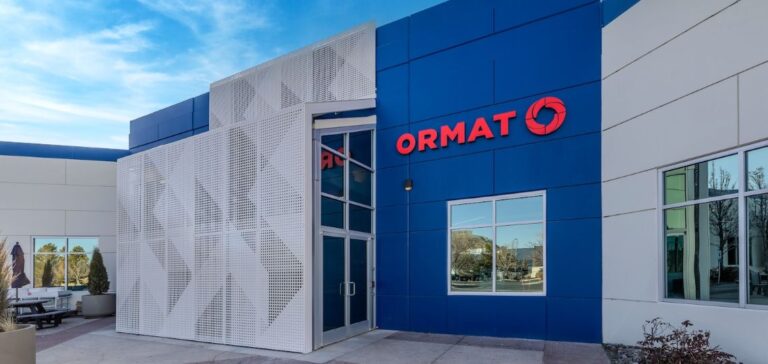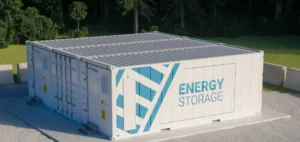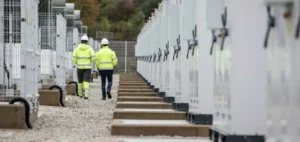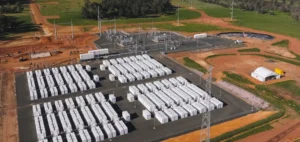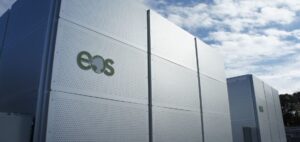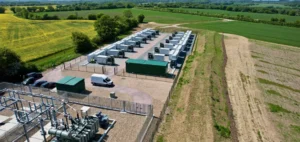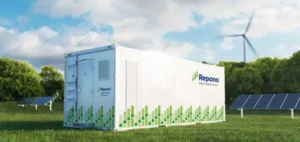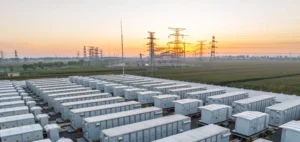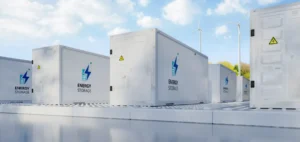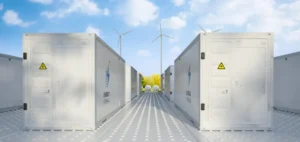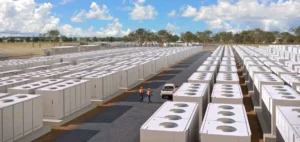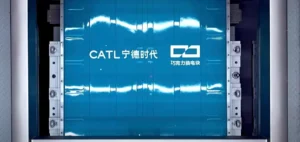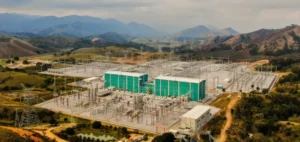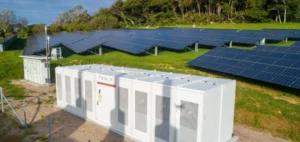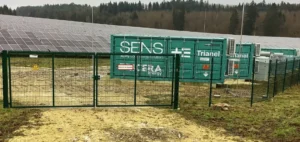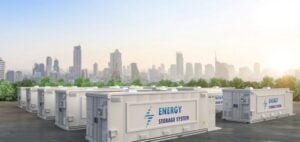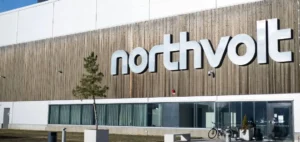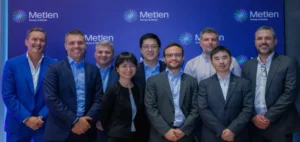Ormat Technologies recently announced the signing of tolling agreements for two new energy storage facilities in Israel. These new projects enrich the company’s strategic approach, which aims to optimize its portfolio while meeting the growing demands of the energy market.
A Strategic Sector in Full Expansion
Energy storage has become a key sector in managing energy production and consumption, especially in regions where renewable energy plays an increasingly significant role. These new facilities allow Ormat to strengthen its presence in this field and better respond to demand fluctuations. Energy storage is becoming an essential solution to address the intermittency of renewable energy sources.
Advantageous Tolling Agreements for Ormat
Tolling agreements allow Ormat to benefit from stable and predictable revenue through compensation based on the amount of energy stored and released. This economic model offers numerous advantages, particularly in terms of long-term profitability. The company relies on these projects to diversify its revenue sources while maintaining stable growth, even in a constantly evolving market.
A Response to the Needs of the Israeli Market
These agreements strengthen Israel’s energy infrastructure, a market undergoing transformation, where the demand for stable and flexible energy continues to grow. Integrating energy storage technologies into the Israeli grid not only stabilizes supply but also accelerates the transition to more sustainable energy sources. Ormat thus positions itself as a key player in this evolution, with projects that support the modernization of the grid.
Strategic Diversification of Long-Term Projects
With these two new facilities, Ormat continues its diversification strategy. These projects are part of a long-term objective to strengthen the resilience of its operations while expanding its portfolio. The company is not only capitalizing on its energy management expertise but also seeking to meet market expectations in terms of sustainability and technological innovation.

